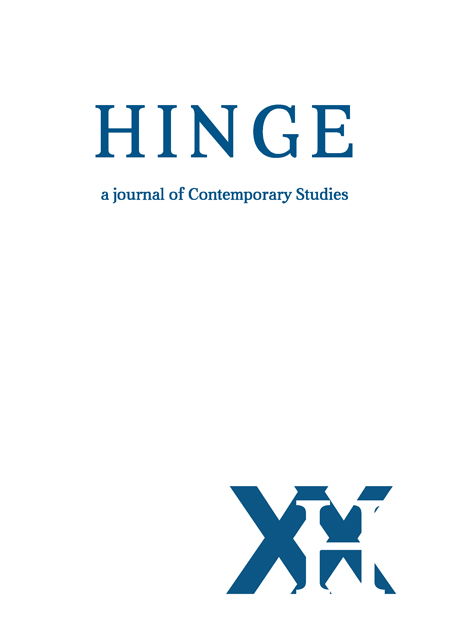Vulnerability and Responsibility: Judith Butler's Political Rendering of Levinasian Ethics
Keywords:
the Other, Judith Butler, Emmanuel Levinas, post-Holocaust ethicsAbstract
Emmanuel Levinas radically decentres ethics to become a responsibility that is no longer willed by the subject but rather unequivocally demanded by the Other. In this system, judgment and reason are secondary to one‘s responsibility in the Face of the Other, who dispossesses and undoes one‘s ‘self‘ in making its ethical demand. Despite the intimate relationality in this face-to-face encounter, Levinas acknowledges that the world‘s multiplicity necessitates a diminishment in what would otherwise be an all-consuming responsibility to the Other; justice must be implemented and a state must be established for the sake of judging individuals when one persecutes another. The only way for this political body to remain ethical is through an acknowledgement of its prior origin in the interhuman order of one‘s responsibility to the Other. All told, Levinas‘ political investigations are rather vague. Nonetheless, Judith Butler elucidates key ambiguities and weaknesses in Levinas‘ account, crucially transforming his basic idea through the incorporation of psychoanalysis. Butler‘s conception of our embodied selves as fundamentally vulnerable and exposed is ultimately the concretization Levinas‘ ethics needs in order for it to contain a true possibility of reshaping politics such that responsibility to the Other is inseparable from the actions of the state, imposing an absolute limit on gratuitous suffering.
Downloads
Published
Issue
Section
License
Copyright, in all cases, remains with the author.
This work is licensed under a Creative Commons Attribution-NonCommercial 4.0 International License.


